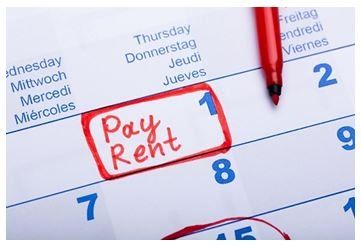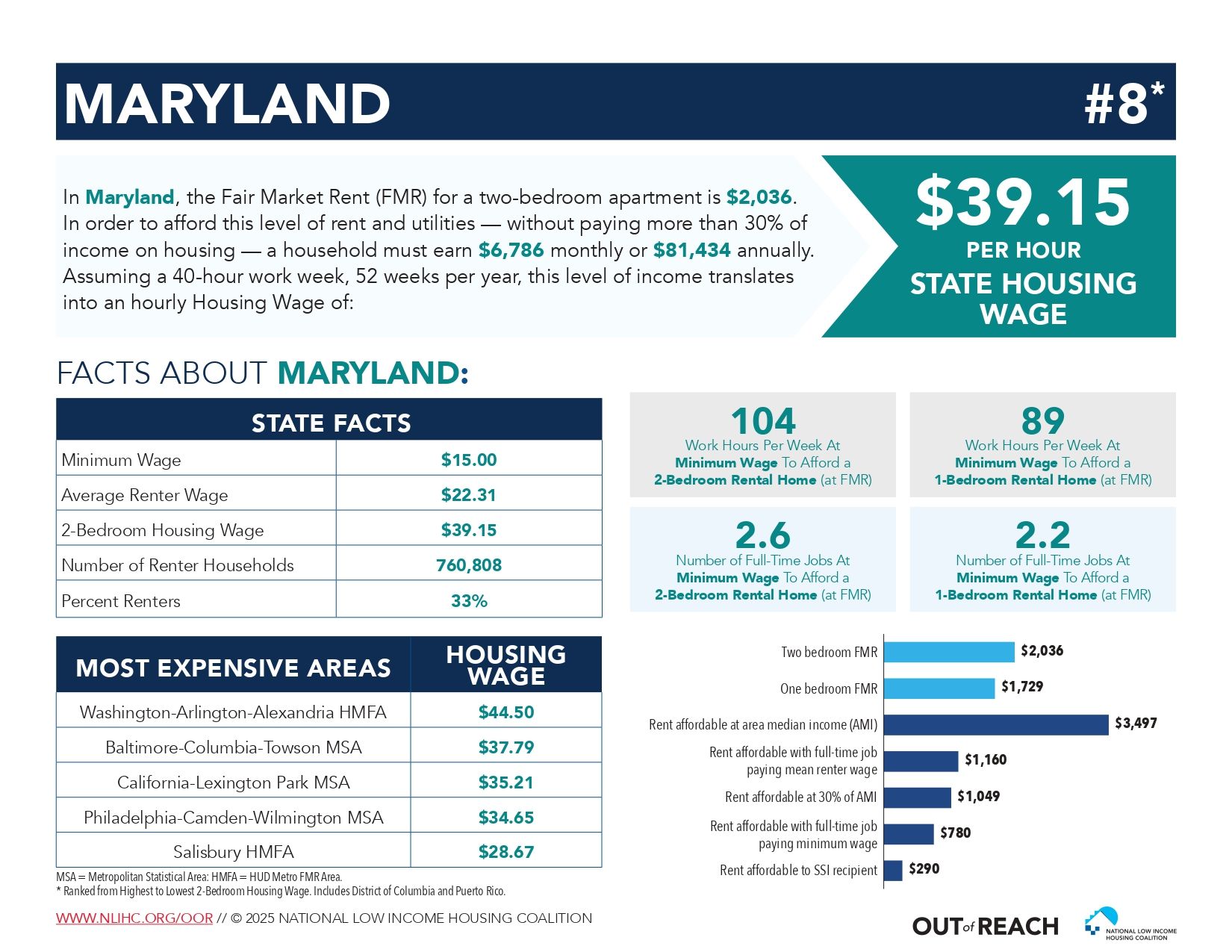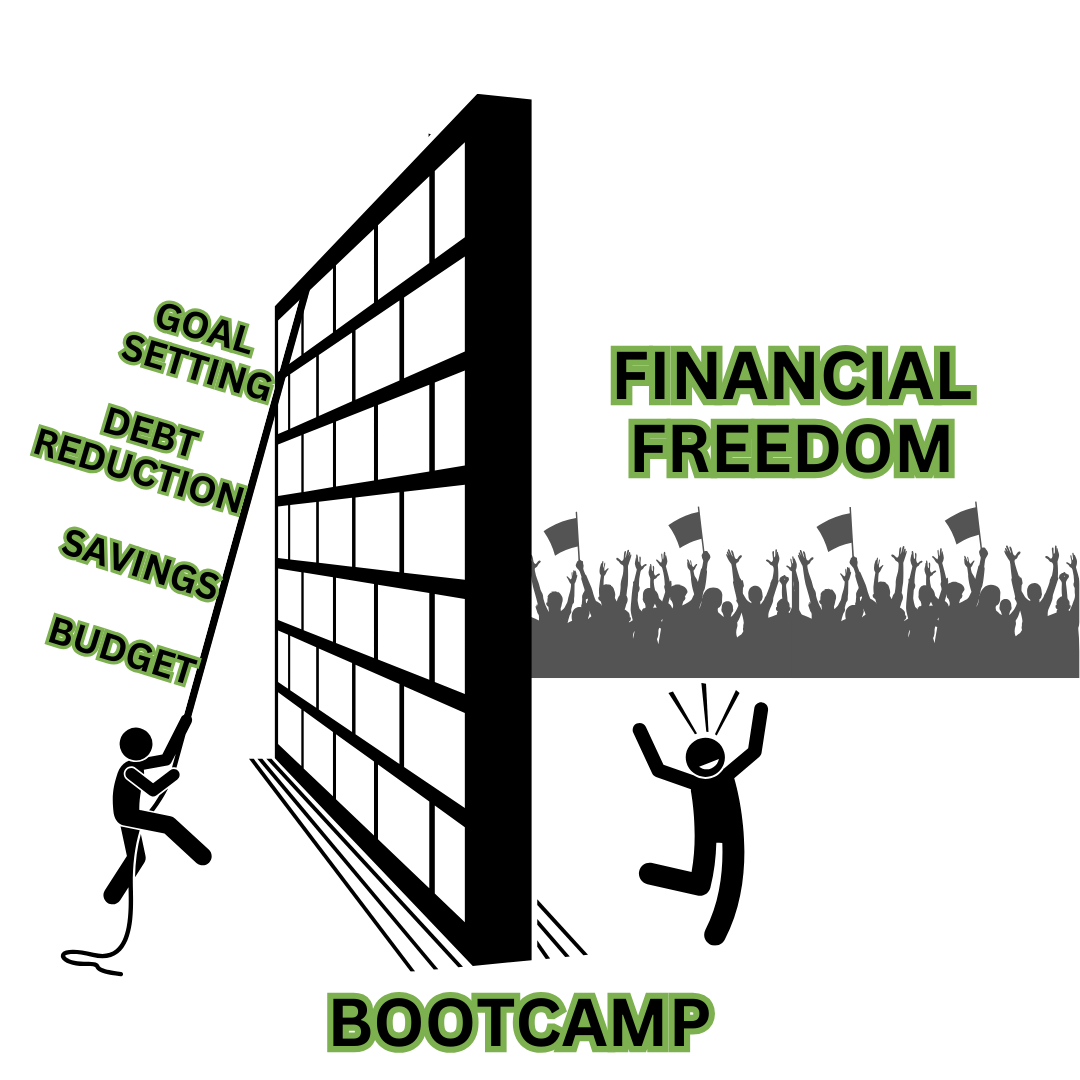Who Pays the Rent?
Rachel Gardner • March 31, 2021
During a pandemic when businesses are shut down, jobs and wages are lost and eviction moratoriums are in place, who pays the rent?

During a pandemic when businesses are shut down, jobs and wages are lost, and eviction moratoriums are in place, who pays the rent?
IHA not only develops affordable housing but provides property management as well. In 2020, IHA served 314 households (688 residents) in our rental communities across Maryland and south-central Pennsylvania. These residents typically earn between 10% to 60% of the area's median income (AMI).
Early in the pandemic, rent collection rates hovered around 96%. This was due to many of our residents being front-line workers who continued to work in industries such as food service, retail, delivery, and healthcare. Those who were laid off were able to receive unemployment which helped to cover their rent.
In Frederick County, Maryland, local funders came together to create the COVID-19 Collaborative. This collaborative was focused on providing immediate funding and crisis support to nonprofits serving the most vulnerable populations. IHA applied for and received a total of $25,000 from the following local funders in support of its local tenants:
Ausherman Family Foundation-$10,000,
The COVID-19 Emergency Relief Fund of The Community Foundation of Frederick County in partnership with The Mark and Susan Butt Saturday Morning Fund-$5000,
United Way of Frederick County-$5000,
Delaplaine Foundation, Inc.-$5000.
IHA leveraged these funds on behalf of our Frederick County tenants with unpaid rent balances due to circumstances related to COVID-19. Many tenants required this assistance because their unemployment benefits had not yet come through or because they had been exposed to the virus. Others had lost wages either due to quarantine requirements or to reduced work hours while homeschooling their children.
On behalf of our tenants across Maryland, IHA was also able to leverage rental assistance funds from the Maryland Department of Housing and Community Development (DHCD) who managed the CARES Act funding. IHA assisted tenants with making the application for the funds. In two different grants provided to tenants, IHA received $27,000 to cover past due rents owed by tenants. The remaining unpaid rent balances were written off as a loss to the property and were not left hanging over the head of those who live most closely on the edge.
By: Rachel Gardner

Maryland and Frederick County: A Growing Housing Affordability Crisis Each year around this time, I share data that highlights the growing challenge of housing affordability in Maryland—and this year is no exception. Maryland now ranks as the 8th most expensive state in terms of wages needed to afford a modest two-bedroom apartment. A worker must earn $39.15 per hour —or nearly $81,450 annually —just to meet that threshold. Unfortunately, the situation in Frederick County is even more severe. Alongside Calvert and Charles counties, Frederick tops the list, requiring a staggering $44.50 per hour —equivalent to $92,560 annually —to afford a two-bedroom apartment. Meanwhile, the average renter in Frederick earns just $18.25 per hour , which translates to an affordable rent of only $949 per month —far below what the market demands. This stark disparity is exactly why the mission of Interfaith Housing Alliance (IHA) is so critical. We are committed to addressing these inequities and advocating for solutions that make safe, stable housing accessible to all. Below, you’ll find the 2025 data from the National Low Income Housing Coalition , detailing housing affordability across Maryland and its counties.

Interfaith Housing Alliance (IHA) is proud to announce two funding awards received this quarter from community partners. In July 2025, IHA received a $3,500 grant from The Croteau Family Charitable Gift Fund, which is a donor-advised fund (DAF) held at T. Rowe Price Charitable. IHA also received a $5,000 grant from The Natelli Communities Charitable Fund of The Community Foundation of Frederick County. These unrestricted funds will support all of IHA’s endeavors in strengthening the many communities we serve.

Money can sometimes feel overwhelming—but it doesn’t have to! This October, Interfaith Housing Alliance is offering our next Financial Freedom Bootcamp, a free, two-part workshop designed to help you take positive steps toward financial stability and confidence. The bootcamp kicks off with an in-person workshop on October 15th from 5:30–7:00pm, where participants will explore the building blocks of financial health. You’ll learn how to create a budget that actually works for your lifestyle, discover the best practices for saving, and walk away with strategies for reducing debt in realistic and manageable ways. After the first session, participants are invited to take part in an optional virtual Credit Café, a supportive space to dive deeper into questions about credit and money management. This extra resource helps reinforce what you’ve learned and gives you the chance to connect with others working toward similar goals. The second workshop will be held virtually on October 29th from 5:30–7:00pm, making it convenient to join from home. This session will focus on building confidence when communicating with creditors, understanding your credit, and setting SMART goals to stay on track for the future. Together, these two sessions provide practical, easy-to-use tools to support your financial journey. No matter where you are starting from—whether you’re new to budgeting, trying to rebuild your credit, or just looking for ways to feel more in control—Financial Freedom Bootcamp is a welcoming and encouraging place to begin. At a Glance What : Financial Freedom Bootcamp – free, two-part workshop series When: October 15th (in-person) & October 29th (virtual), both 5:30–7:00pm Topics: Budgeting, saving, debt reduction, credit confidence, SMART goal setting Extras: Optional virtual Credit Café between sessions Register: Contact Lacy Allen at lames@interfaithhousing.org or 301-662-4425 ext. 1203
